Create Sustainability Curricula
This program emphasizes the significant role of energy choices in sustainability. Its main purpose is to help academics, think tank professionals, government agencies, and client service professionals think critically about sustainability. For participants interested in research, there are opportunities to develop proposals and projects. The program seeks to build a community of colleagues to serve as an enduring resource for participants upon the conclusion of the program.
Throughout this 2.5-day interactive experience, teams will participate in an immersive simulation that helps them respond to the challenging realities of the Energy Transition.
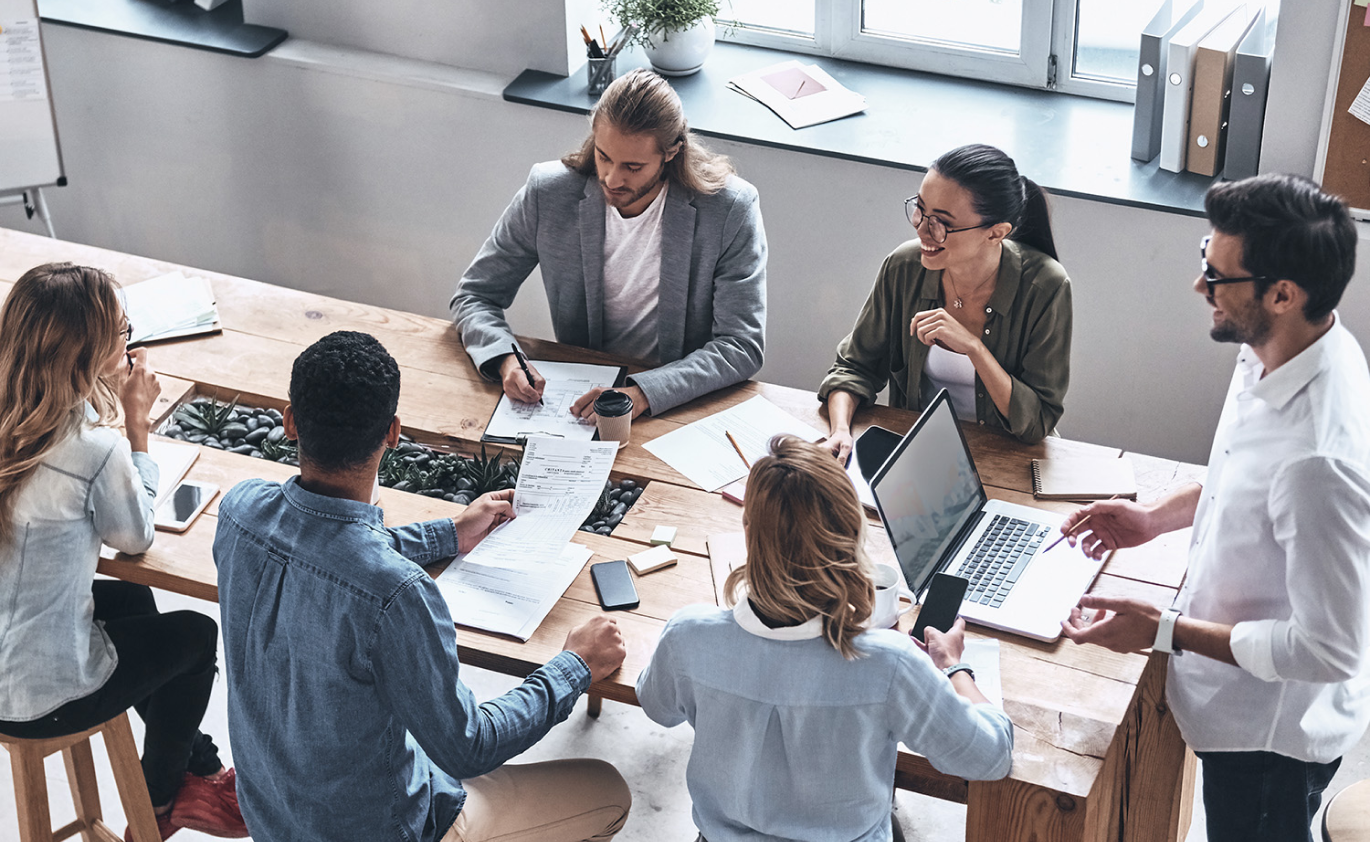
Participants Can Expect:
- A rich, skill-building journey, unlocking the knowledge you need to identify real issues and challenges in your interactions with students, colleagues, and clients.
- A coach-facilitated "serious game" in a simulated business environment augmented by discussion and debate.
- Exercises that convey the importance and enduring nature of simple decisions.
- The Global Energy Transition as the storyline during the simulation.
Rethink the Way You Approach Sustainability
The DML provides an easy-to-follow framework to organize information for effective decision-making. This includes analytical tools, information management methodologies, and strategies for teams.
Throughout the interactive experience you will gain confidence, critical thinking abilities and new ideas on embedding sustainability in academic, policy making and consulting settings.
The DML Simulation
Participants are given the opportunity to practice and test strategic decision-making in a safe and realistic environment. Teams are designated on the first day. Each team will run a simulated firm over a number of years and develop and execute a comprehensive strategic plan each year.
This simulation allows you to experiment with new ideas in a non-threatening environment that mimics real situations without the associated risk.
This simulation also provides an excellent team-building experience where teams can assess and deploy the knowledge and skills of their colleagues.
FAQs
We welcome university faculty, especially business school faculty to participate, as well as think tank professionals, staff of government agencies, and client service professionals in consultancies.
There is both mounting concern and interest in business about the challenge of accelerating progress on three fundamental energy needs on a global scale:
- Energy security - reliable and resilient delivery of desired energy
- Energy economics - access to affordable, desired energy
- Environmental stewardship - minimizing both emissions that disturb the greenhouse effect that enables life on planet Earth and contaminants of the ecosystem
The pursuit of progress in satisfying any one of these needs may require some sacrifice in the pursuit of progress on the other two needs. This presents a major challenge for business decision-makers in positioning their firms in the markets they serve, in evaluating market opportunities, and in financing strategies subject to emerging energy risks. What is often lost in public discourse, in policy choices, and in business decision-making is any regard to alternative energy choices set in a systemic context. Progress in accomplishing a transition to a new sustainable energy future would require conjuring such an energy future in some detail and to formulating transition paths to follow. Recognizing that pursing any transition path would be littered with unanticipated consequences, the business decision-maker would need to be adaptive, creative, and alert to variations in business contexts.
The following questions will be addressed during this program:
- How can the business decision-maker think about choices of energy and energy systems?
- How have contemporary energy systems evolved?
- How are consumption activities influenced by the energy infrastructures of the past and present?
- How do energy infrastructures vary across regions of the world?
- How can one evaluate the value of incumbent enterprises and new ventures in the uncertain and complex context of energy?
- What are the most promising transition paths to achieving significant progress in satisfying the needs of energy security, energy economics, and energy and the environment?
- How can the person in business make sense of the complex and troubling consequences for the supply and use of energy and energy systems?
No, this course is for anyone who wishes to understand and improve their ability to implement curricular initiatives or to pursue inquiry in the broad domain of sustainability on an individual or organizational level. We welcome participants from diverse backgrounds, representing different global contexts, as this increases the richness of the learning experience for all.
Please contact Gloria Turner at gturner@scu.edu
In-person attendance is highly recommended. Virtual participation can also be accommodated, however virtual experience is not optimal for the DML exercise.
Program Curriculum
- Explore the variations in context that explain why responses to sustainability programs may not be universal.
- Cultivate a community among the participants that will serve as a resource during the program and after the conclusion of the program.
- Explore a selection of momentous historical decisions whose consequences we are still experiencing and that have pushed us to address sustainability in business.
- Consider the factors that justified historical decisions that have had contemporary consequences that need to be addressed.
- Manage realistic, simulated firms over several simulated years in a simulated world (Mundi Navitas). Explore how to orient a management team to a strangely familiar business context.
- Identify potential conditions to modify through the analysis of a history of simulated decision-making.
- Opening reception
- The game is afoot: experimenting to build a sustainable business.
- Gain an enhanced understanding of how to frame sustainability challenges, how to implement strategies to respond to them, and how to assess the consequences of the chosen strategies.
The DML Experience Concludes
- Assessing Learning by Doing.
- Each team presents their firm during a simulated investor relations event.
- Workshop: teams and individuals draft sustainability learning plans and sustainability research initiatives.
- Presentations and discussions
- Summary by the coaches
- Closing ceremony
Meet Your Coaches
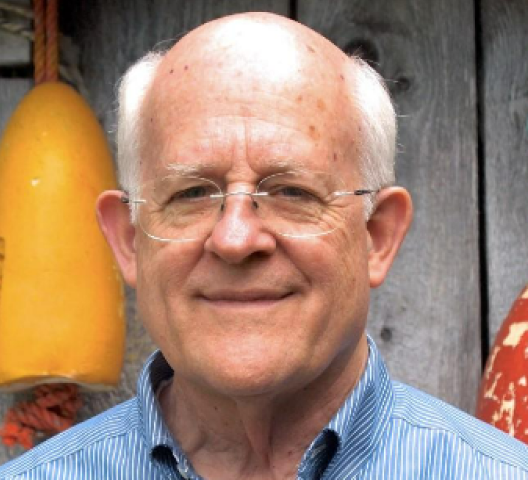
David Gautschi, Ph.D.
Joseph Keating S.J. Professor
Dean Emeritus, Fordham University Lead Coach, Decision Making, the Economics of Services
Gautschi works to change public discourse about energy sources and uses and identifies business-based innovations that solve real-world energy problems.
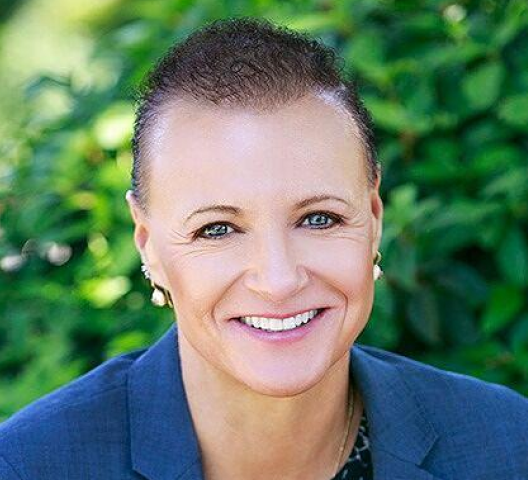
Tammy Madsen, Ph.D.
Chaired Professor of Management & Sr. Assoc. Dean at SCU, Assistant Coach, Corporate Strategy and Innovation
Madsen teaches strategy, digital transformation and innovation in SCU's EMBA, MBA and Executive Development programs. She received the University President’s Special Recognition Award. She also serves as VP-elect of the Academy of Management.
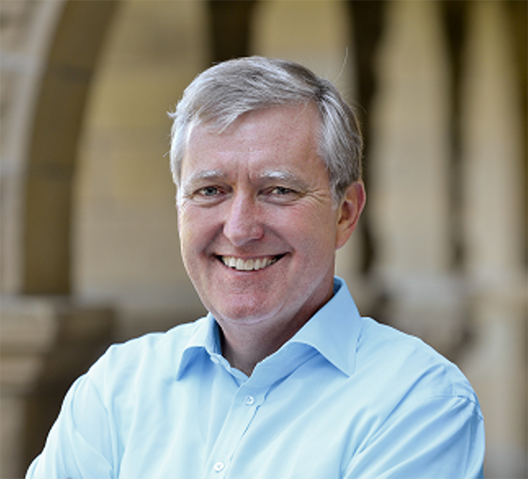
David Nagel
Tilt Global Decisions Inc. Coach, International Business and Finance
Nagel has 37 years of experience in executive positions of Fortune 500 firms in the UK, Africa, and the US. He has managed companies, served in headquarters in finance functions, and managed the Washington DC office of a major international enterprise.
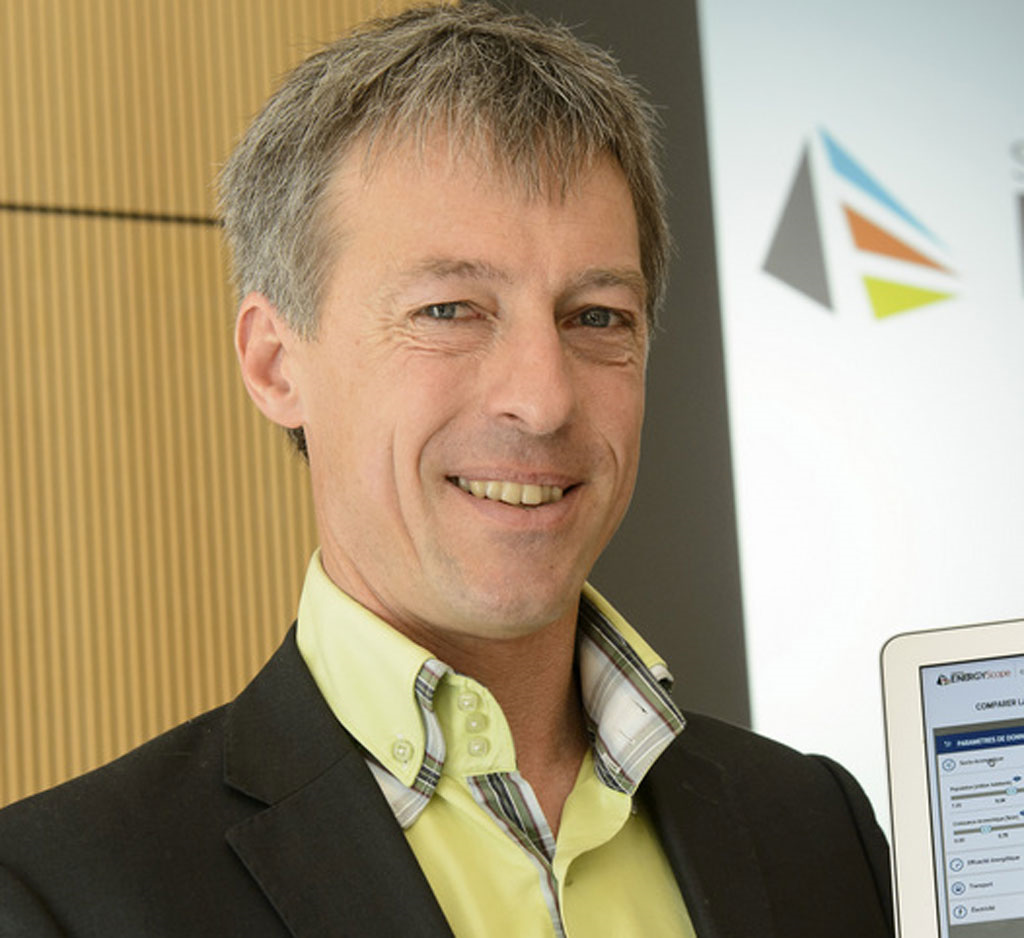
Francois Vuille, Ph.D.
Tilt Global Decisions Inc. Coach, Director of Energy Policy, Canton of Vaud, Switzerland
Vuille has extensive experience in the clean technology sector and in energy policy.